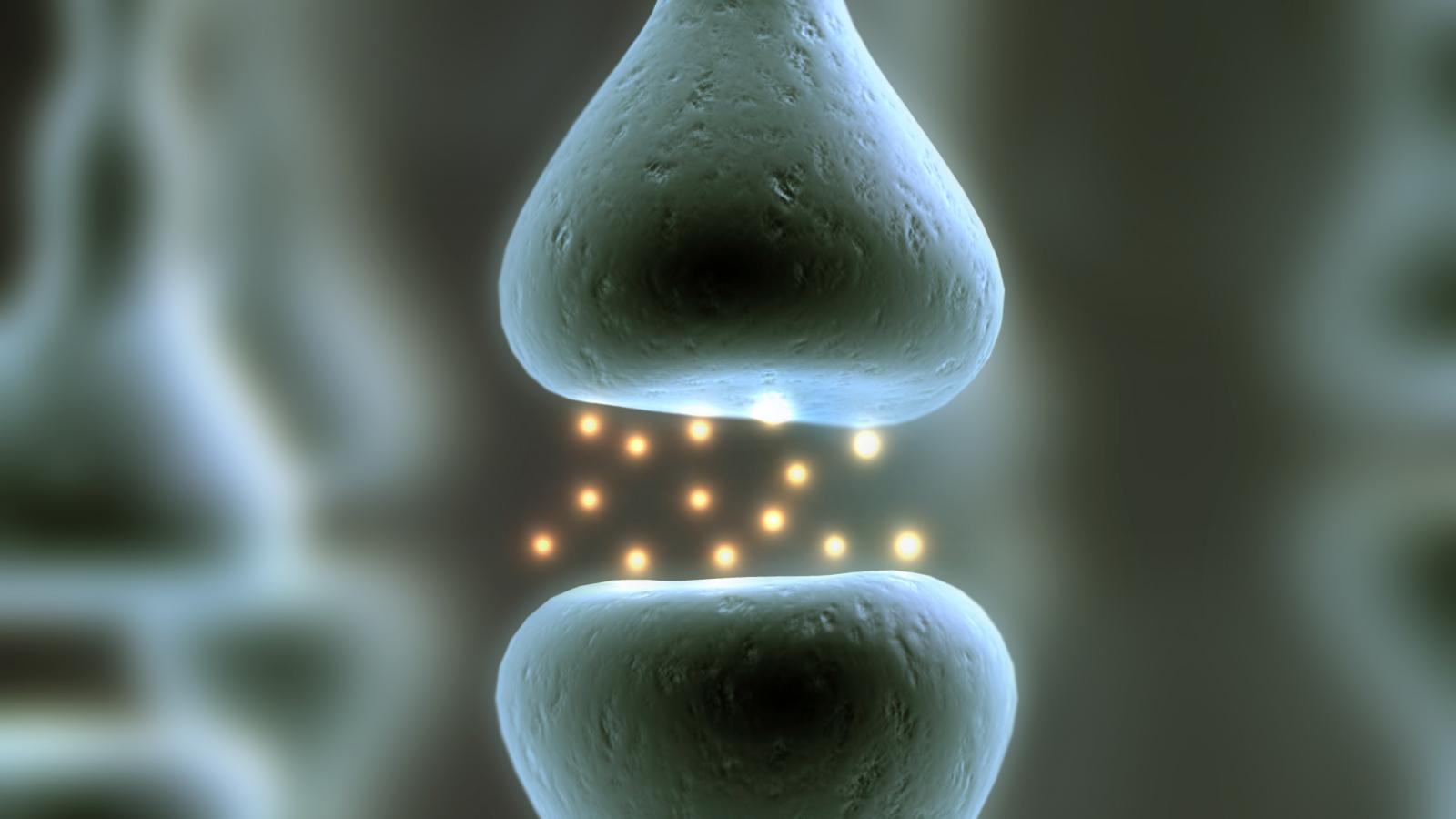Graduate Minor in Neuroscience
The Graduate Minor in Neuroscience provides students with the opportunity to study the basics of structure and function of the nervous system. Students enrolled in the minor will gain training in and exposure to the fundamentals of nerve cell function and neural systems. Graduate students completing a neuroscience minor will receive appropriate recognition of their efforts on their university academic record.
A minimum of 3 courses for a total of 10 or more credit hours is required for a Neuroscience Minor.
Curriculum:
In order to ensure a foundation in the fundamentals of neuroscience, students are required to take one of the following two courses:
- NEUROSC 7001: Foundations of Neuroscience I (4 credits, fall, MWF 8:30-9:50am) This course covers the bascis of neuroscience knowledge that every grad student will need regardless of the field they choose. It covers 4 main topics: Electrophysiology, Cellular Biology, Neurons & Glia, and Neurodevelopment.
- NEUROSC 7002 or DENT 7012.03: Foundations of Neuroscience II (4 credits, spring, MWR 8:30-9:50am) This course builds on material learned in the first semester and focuses on nervous system function including sensory systems, motor control, sleep, neuroendocrine physiology, and more.
To meet the requirements for a minor, students may select additional courses from the list above and below.
- NEUROSC 5790H: Developmental Neurobiology (3 credits, spring, TR 11:10-12:30pm) This course investigates the molecular, cellular and genetic mechanisms responsible for building nervous systems. The brain is a complex structure, yet it develops from a single sheet of cells. We will discuss how this development tolerates tremendous genetic and environmental variability to assemble a functioning nervous system.
- NEUROSC 7050: Neurobiology of Disease (3 credits, spring, TR 1:00-3:00pm) This course centers on a discussion of both the syptomatologyand pathology of neurological diseases as well as a review of the current state of basic and clinical research efforts. Classes will consist of lectures from both physicians and research scientists who specialize in neurological diseases.
- NEUROSC 7500: Neuroimmunology (2 credits - spring every other year, TR 9:30-11:00am) This course discusses research and clinical applications of inflammatory processes within the central nervous system with special emphasis on neurodegenerative disorders, autoimmune disease, and neurotrauma (e.g. spinal injury).
- NGSY 8250: Biology of the Tumor Microenvironment (2 credits, fall, W 9:00-11:00am) This course ecplores the cellular and molecular aspects of the microenvironment in solid cancers including signals and mechanisms that promote tumor initiation and progression.
Graduate School and Neuroscience Graduate Program guidelines require that students earn a minimum of a B grade in all of these courses to receive a minor.
Procedures:
- A student in conjunction with her/his advisor should determine the appropriateness of pursuing a Graduate Minor and how best to incorporate it into the student’s program of study.
- The student will log into GRADFORMS.OSU.EDU and complete the Minors & Interdisciplinary Specializations Form.
- After completing the requirements for the Minor or Interdisciplinary Specialization indicated, the student must submit a Transcript Designation Request form in order for your transcript to indicate that you have completed the Minor or Interdisciplinary Specialization. After this form has been approved by the Graduate School, you will be able to log back on and view this form, which will include a button to create a Request for Transcript Designation form.

